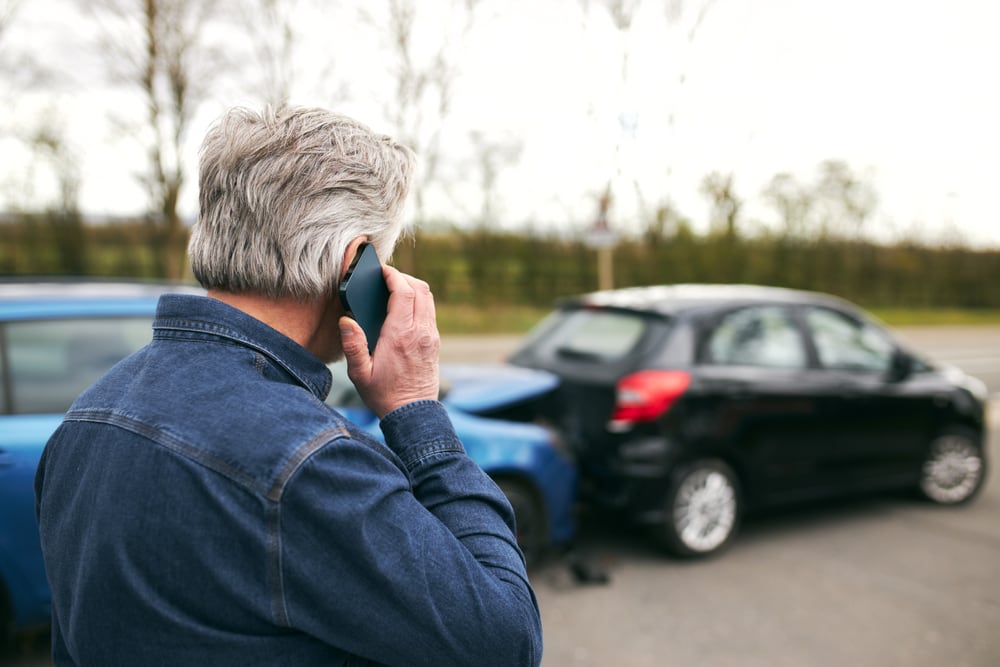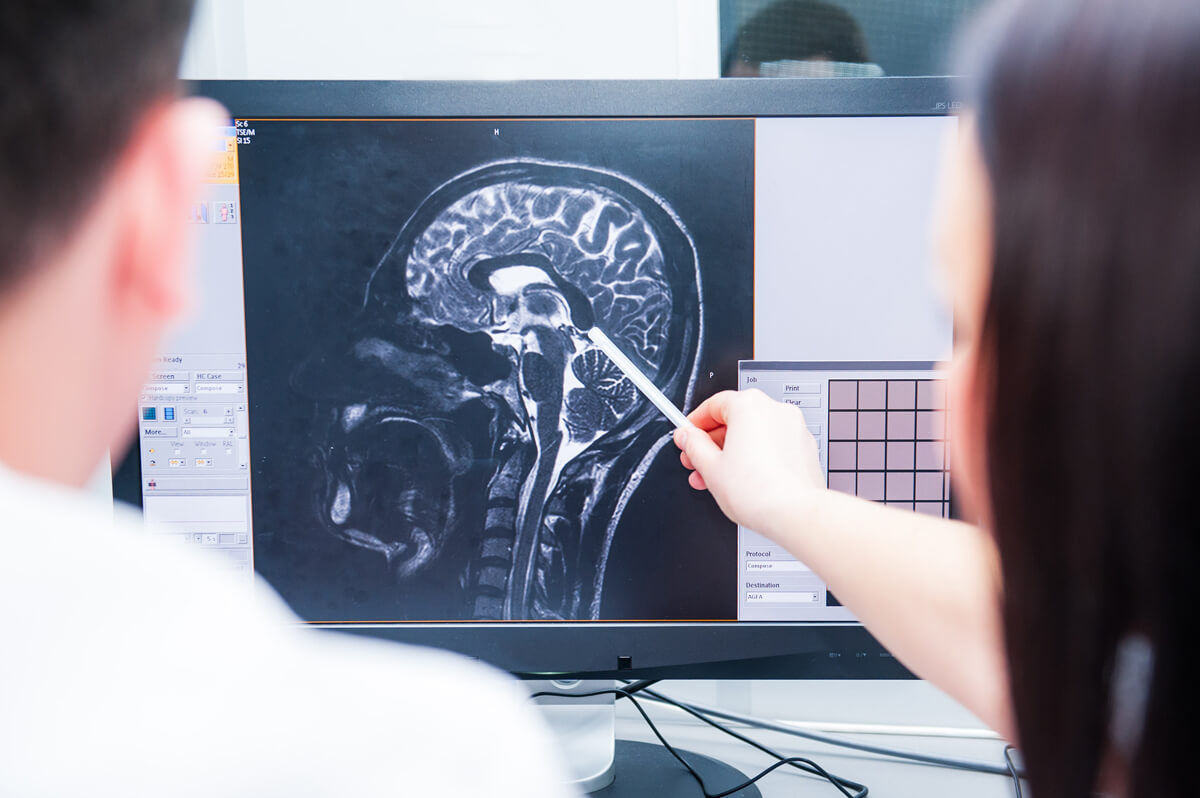What Is Brake Checking?

Brake checking occurs when a driver intentionally applies the brakes sharply to send a message to the vehicle behind them, often because they believe the following driver is too close or tailgating. This sudden action forces the tailgating driver to also brake abruptly, which can result in a dangerous situation on the road. Since the state of New York already has so many vehicles driving on the many highways and interstates, the practice is generally regarded as aggressive driving and can escalate quickly into road rage incidents or lead to rear-end collisions.
Understanding the motivations behind brake checking is important for road safety. Drivers might brake check out of frustration, to assert dominance, or to attempt to mitigate tailgating by encouraging the following driver to increase their following distance. However, it is crucial for drivers to remember that such behavior can compromise safety and is not an appropriate or legal method for dealing with tailgating in New York City or any part of the state.
Brake checking can have legal implications as well. It is not condoned by New York’s traffic laws and can lead to fines, as traffic authorities require drivers to ensure their actions do not pose a threat to others on the road. In the event of a collision, the driver who performed the brake check might be found at fault, especially if the tailgater had no opportunity to avoid the incident. Therefore, all New York drivers or visitors to this state are advised to handle tailgating situations with caution and to seek safer methods of addressing the issue, such as changing lanes or gradually slowing to encourage the following driver to overtake.
Definition of Brake Checking Per New York’s Laws
In the state of New York, brake checking refers to the act of abruptly applying the brakes in a vehicle without the immediate necessity to do so, often with the intent to test or disrupt the following driver’s reaction.
Purpose of Brake Checking
Drivers may brake check for various reasons:
- To test the following distance: Some drivers may want to ensure that the car behind them is maintaining a safe traveling distance.
- As a warning: It can be a signal to the tailgater to back off if they are perceived to be following too closely.
- Out of frustration or aggression: In some cases, it’s done in response to perceived aggressive driving or tailgating by another driver.
Legal Implications for Brake Checking in Any Part of New York
The legal status of brake checking varies:
- In many New York jurisdictions, brake checking is illegal: Performing such an act on the road can be considered reckless driving.
- Potential for legal consequences: A driver found responsible for a collision due to brake checking can face charges, fines, or even time in a local New York jail.
- Insurance implications: If an accident results from brake checking, the instigator can face increased insurance premiums or denial of their claim.
Consequences of Brake Checking in NYC and Surrounding Cities in New York State
Brake checking in the state of New York can lead to severe consequences, impacting both the safety of road users and the legal and financial responsibilities of the driver responsible.
Safety Risks
When a driver suddenly applies the brakes without a safety-related need—often to send a message to the following vehicle—it creates immediate danger for both vehicles. The following could unfold:
- Rear-end Collisions: The tailing driver may not have ample time to react, resulting in a collision.
- Loss of Vehicle Control: A sudden stop can lead to the trailing driver swerving, which might culminate in vehicular loss of control and subsequent accidents with other road users or obstacles.
Insurance and Liability
The consequences of brake checking extend beyond immediate safety risks to points of insurance and liability:
- Insurance Premiums: If deemed at fault, the brake-checking driver’s insurance premiums could significantly increase. Since New York’s car insurance rates are among the highest in the country, it can quickly erode a driver’s budget for insurance premiums.
- Legal Liability: Civil lawsuits can be pursued against a brake-checking driver for damages or injuries caused.
- Coverage Issues: Insurers may refuse to cover damages from an intentional act like brake checking.
The implications of these actions underscore the critical need for drivers to avoid engaging in such hazardous behavior. If you were hurt in an accident because of brake checking, you should consult a car accident lawyer. Contact us to find out how we can help you after your accident.



